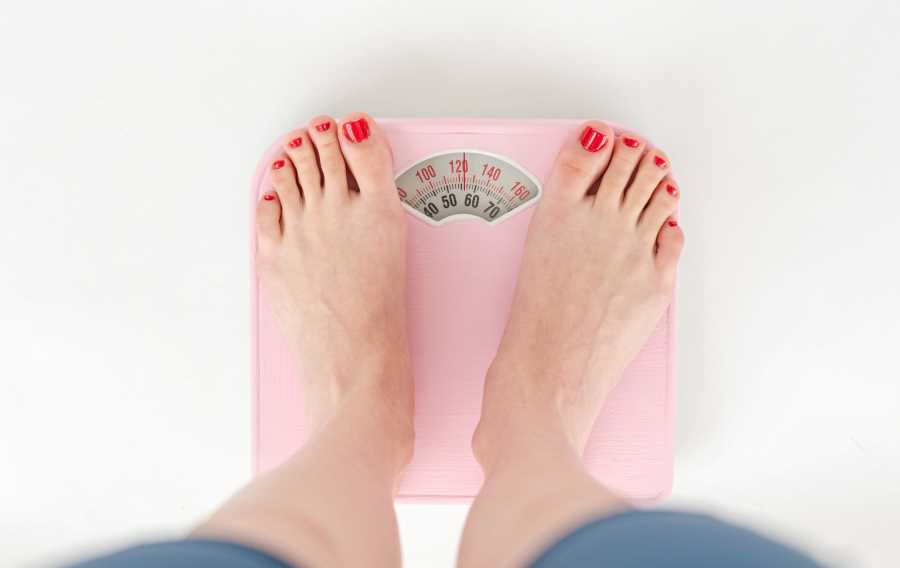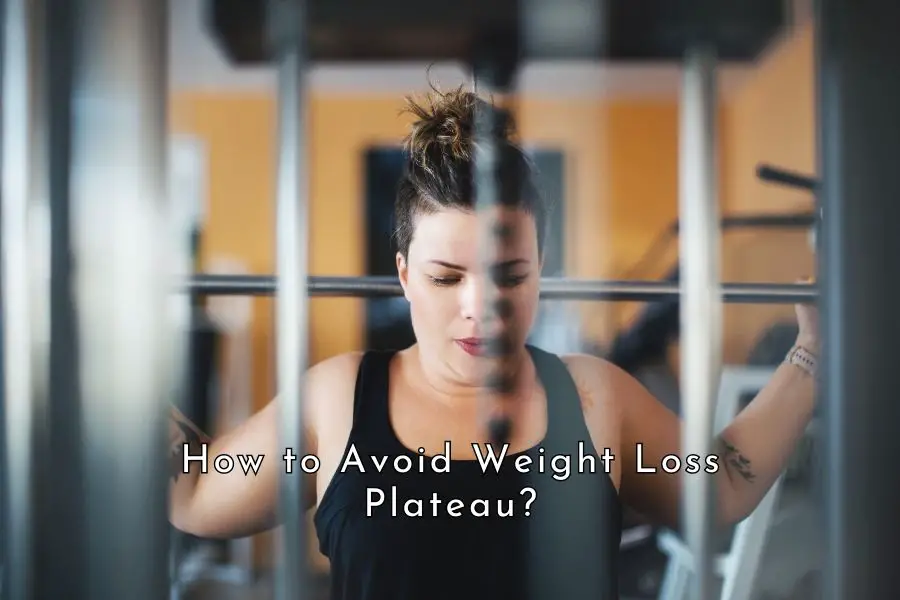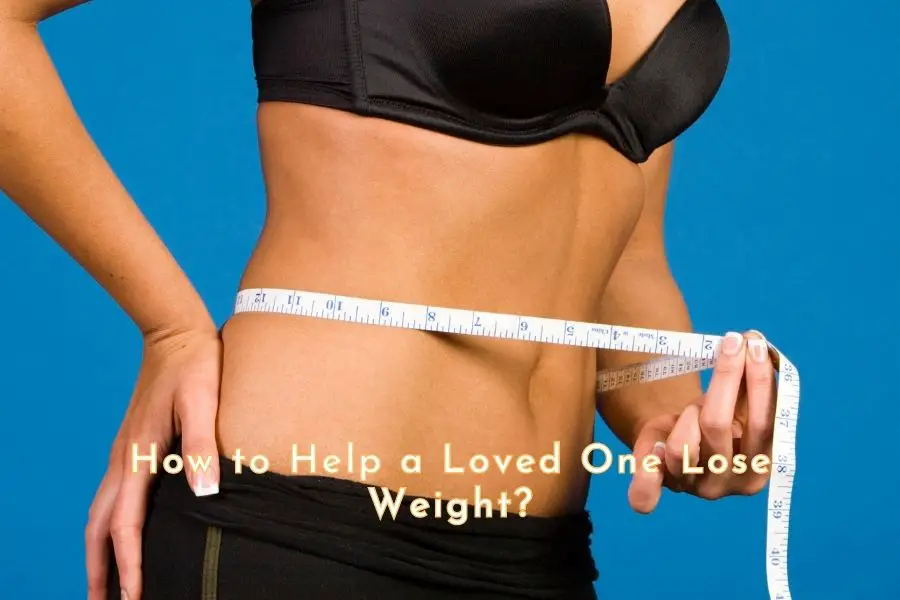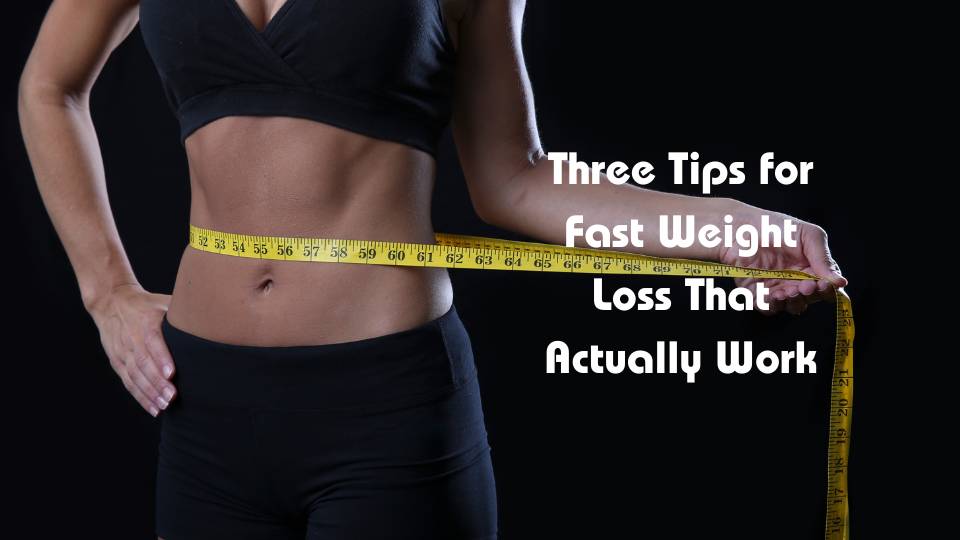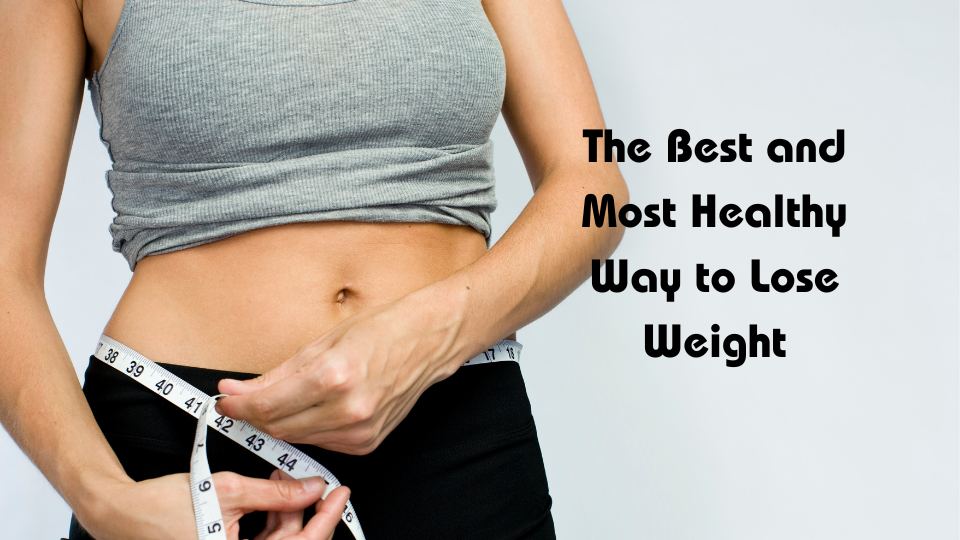If you have been on the carnivore diet for a while, have improved your health significantly, and lost a lot of excess body fat but are still a few pounds away from your ideal weight, this post will help you reach that goal.
One caveat is that if you have not been on the carnivore diet for long, please don’t worry about weight loss just yet.
Some of you may even gain weight initially and that is totally normal. This is because you may be overweight but malnourished on the inside. As a result, you may have a huge appetite because your body is craving those nutrient-dense foods.
If this is you, please don’t worry about the number on the scale or the fat storage around your belly, just eat good quality meat, fat, and organs, and don’t count calories or weigh yourself.
After six months to a year or even longer for some people, if you still have a few pounds to lose when your appetite has at last normalized, then it’s time to do a bit of research and tweak your diet to reach your ideal weight.
Table of Contents
- Go zero-carb
- Stop salting your meat
- Avoid seasonings and condiments
- Resistance training
- Reduce stress
- Prioritize sleep
- The long-term strategy for weight maintenance
1. Go zero-carb
If you haven’t already, go zero-carb and eat only fatty meat and organs and drink only water. This will force your body to burn fat for fuel and dig into that fat reserve that you want to shed.
When you eat only fatty meat and organs, there is a very little amount of carbohydrates in your diet and your body will surely be burning down fat for fuel.
If you are still drinking milk and eating cheese, fruits, and honey, cut these out.
The carb content in these foods and drinks can add up very quickly and they are what will be stored as fat and they could very well be the last things that stop you from losing the last few pounds.
A major problem with carbs, i.e. sugar is that it is hugely rewarding and leads to overeating very easily. Animal studies even found that “sugar and sweet reward can not only substitute to addictive drugs, like cocaine, but can even be more rewarding and attractive“. [1, 2]
So, please eliminate those high-carb foods in your diet immediately.
If you are still eating processed meat like sausages, corned beef, or chicken nuggets, cut them out too. They may contain carbs, preservatives, flavorings, and other additives that mess up your taste buds and encourage you to eat more.
You generally only need to eat one to two times a day and should avoid snacks between meals and late dinners.
In short, eat only fresh unprocessed fatty meat and organs and drink water, and cut out everything else.
If you can eat average cuts or leaner cuts of meat, it can help too (for example, go for a 70:30 fat-to-protein ratio instead of 80:20), but that is not as important for weight loss as eating clean on the carnivore diet.
You can eat mostly fatty cuts of meat and still can lose weight because you literally can’t force-feed yourself too much fatty meat, your body will signal that to you in a non-subtle way.
One strategy that some people want to adopt when they want to lose the last 10 pounds or so quickly is to go on an extended fast from a few days to a week.
That will guarantee quick success if you can stick to it. With zero calorie intake, your body will definitely burn the stored fat to function and you will lose weight rapidly.
However, this is not a long-term strategy. As soon as you start eating and going back to the old diet, you will gain back the lost weight just as quickly.
Therefore, you need to start with your diet first and find something that you know you can stick to long term.
And that diet, in my view, is a clean carnivore diet of just meat, fat, and organs and the best ones to go for are ruminant meat like beef, lamb, goat, bison, and buffalo.
2. Stop salting your meat
If you are still salting your meat, consider going without salt for a couple of weeks to see how it affects your appetite, your weight, and how you feel.
There is evidence that when your salt intake goes up, your water intake also goes up to maintain sodium balance in the body. However, your urine volume does not increase accordingly, resulting in water retention and weight gain. [3, 4]
You may have heard of or been advised to increase your salt intake on the carnivore diet. However, based on my research, I don’t believe it is necessary.
First of all, your salt requirement on the carnivore diet is likely to be lower compared to diets rich in plant-based food.
This is because sodium is needed to transport sugar (broken down from carbohydrates in plant-based food) from your gut to the bloodstream. When your carb intake is negligible like on the carnivore diet, your salt requirement will be a lot less.
Furthermore, throughout most of human evolution, our ancestors did not have access to salt. There is no evidence that salt was a part of their diet until very recently when they were forced to become farmers in order to survive. [5, 6]
Some ethnic groups that followed traditional meat-based diets like the Eskimos, the Maasai, and some of the northwest American Indians also did not add salt to their food. [7, 8]
Your body does need sodium and chloride which are the two main ingredients in salt. However, animal-based food already contains both sodium and chloride and can provide sufficient levels of sodium, chloride, and other electrolytes to meet your body’s needs in perfect natural ratios.
Some people on the carnivore diet also reported feeling better without salt.
In short, when you are trying to lose weight, try to go without salt to see if that helps curb your appetite and avoid water retention.
However, I’d like to note that there is insufficient strong evidence indicating that salt consumption per se or salt consumption above the current recommended level increases health risks. If you like to salt your meat generously, please go for it.
This no-salt experiment is only recommended for you to find out if it helps you shed the last few pounds and achieve your weight loss goal.
3. Avoid seasonings and condiments
If you are still using herbs, spices, and condiments like ketchup, mayonnaise, salsa, hot sauce, or barbecue sauce, avoid them.
If you are generally healthy and at a healthy weight range, a bit of seasoning is definitely fine.
But if you want to lose the last few pounds, cut out all seasonings and eat only meat and drink only water to curb your appetite.
In most cases, seasonings and condiments are likely to contain vegetable oils, processed sugar, artificial flavors, preservatives, and other additives which are unhealthy anyway.
If you think you can’t eat plain meat without a lot of seasonings and sauces, you have been eating when you are NOT genuinely hungry.
Trust me, if you are really hungry, plain meat will taste divine by itself.
Seasonings and condiments make food taste nicer and encourage you to eat more, but that is the opposite of what you want when you are trying to lose the last few pounds.
When meat stops tasting nice, stop eating instead of reaching for a spice shake or a sauce bottle.
4. Resistance training
A good diet will beat exercise any day when it comes to weight loss. However, exercise can definitely help if you are consistent and have the right strategy.
The best exercises for weight loss are those that increase your muscle mass. This is because when at rest, muscles burn more calories than fat and other tissues. And you want your body to burn fat as much as it can not just when you are exercising but also when you are at rest. [9]
Resistance and muscle-building exercises not only help with weight loss but also improve body composition, bone health, mobility and balance, cognitive function, better sleep quality, and self-esteem.
You don’t need to overdo exercises, just 2 to 3 times a week and 20 to 30 minutes each session should be enough.
In addition to resistance training, make sure you add a few high-intensity exercises occasionally and as many physical movements throughout the day as possible.
Every bit of movement adds up. Even just going for a long walk after meals or swapping a chair for a standing desk at the office can make a big difference for some people.
By standing for three additional hours each day over the course of a year, you can burn up to 30,000 extra calories and eight pounds of fat. That’s the equivalent of running about ten marathons.
www.juststand.org
Please avoid rewarding yourself with food after a good workout, it will undo all your efforts. I believe this is one of the key reasons why people find that they don’t lose weight despite an increase in exercise volume.
5. Reduce stress
Stress can make it hard for you to lose those last few pounds you are looking for and if you are suffering from ongoing chronic stress, finding ways to reduce stress can help you finally reach your weight goal.
Stress is your body’s response to abnormal physical, mental, or emotional pressure.
When you face a dangerous or stressful situation, the adrenals secrete cortisol, a stress hormone.
Consistent stress means elevated cortisol levels and this has been linked to weight gain.
When you are under stress, your body tends to build up abdominal fat, your appetite is stimulated and you tend to overeat. You are also more likely to comfort-eat more and be less motivated to exercise. [10]
If you think you are suffering from chronic stress, please seek health from qualified medical professionals.
Please also check out these strategies to address chronic stress in four areas including diet, exercise, social support, and equipping yourself with skills to sort out life problems.
6. Prioritize sleep
When it comes to weight loss, getting enough sleep is just as important as having a healthy diet and staying physically active.
If you think you’ve got everything else right and still can’t seem to shed off the last few pounds, sleep could be the missing link.
When you don’t get enough sleep, your hunger hormone is elevated and your satiety hormone is suppressed. As a result, you tend to have a better appetite and eat more. More waking hours also mean more eating time and the extra calories consumed unfortunately often exceed the extra calories burned during those additional waking hours. [11, 12, 13]
Many studies have found an association between poor sleep quality and insufficient sleep and the risks of overweight and obesity. [14, 15, 16, 17, 18]
Healthy adults need from seven to nine hours of sleep each night.
If you aren’t regularly getting this amount of sleep and often feel tired in the morning, check out these healthy sleep tips by the Sleep Foundation.
7. Long-term strategy for weight maintenance
If the above strategies help you reach your ideal weight and you are happy to stay with this strict carnivore diet long term, that’s great.
However, in case you don’t want to stick to this diet long-term, you can figure out the best diet for you by adding back other foods and testing out their impacts on your weight.
If a particular food causes your weight to climb back up quickly, it’s obvious that you should exclude it from your diet.
Some people don’t have problems with a glass of milk, a couple of bananas, and a punnet of berries a day but some people just don’t handle carbs very well.
I know for a fact that my belly fat begins to accumulate even with just a serving of cheese or one or two fruits after each meal and so I’ve been avoiding them and don’t miss them at all.
I should also mention that you can get all nutrients for your body’s needs from just ruminant meat, fat, and organs. Therefore, you don’t have to add other foods back due to concern about nutrient deficiency.
Only add other foods back and test out their impacts on your weight if you would like to add variety to your diet.
In addition, stay active as much as you can and add a few sessions of resistance training and HIIT every week.
Exercise is extremely important for your health and health, for sure, is not just a number on the scale. We are definitely not born to eat meat and sit around all day.
Other posts you might be interested in
Do You Really Need to Fast on the Carnivore Diet?
Grass-fed vs Grain-fed Beef on the Carnivore Diet
Should You Use Protein Powder on the Carnivore Diet?
What Version of the Carnivore Diet Should You Follow
What Are the Health Benefits of the Carnivore Diet?
How Much Meat Should You Eat in a Day on the Carnivore Diet?
Disclaimer: The information in this post is for reference purposes only and is not intended to constitute or replace professional medical advice. Please consult a qualified medical professional before making any changes to your diet or lifestyle. Please check out our disclaimer for more detail.
Photo credit: Shvets Production

